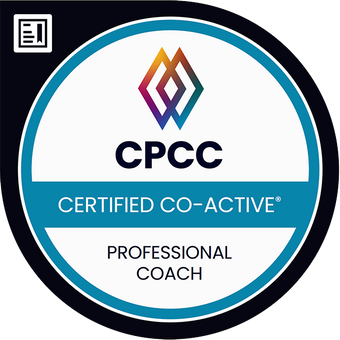It is not new that ethical behaviour and integrity increases profitability and attracting talents. The right talents! And there are frequently seen pitfalls in organisations sabotaging the main vision. Are you acting for one of these? Or are you one of the key leaders taking responsibility?
The roots of integrity and ethical behaviour
If you would ask your peers in the management team, board of directors or within your professional association. None of those would admit that she works for a company which is unethical and does not care about integrity.
But, with the use cases I experience over the last three decades I must conclude that there are companies hardly being able to create and maintain a corporate culture which fosters ethical behaviour and integrity.
Different KPIs (Key Performance Indicators) underline the result and will be discussed with our clients to ensure that – if profitability and attracting talents are on their target list – the right actions can be taken, and measurements implemented.
The roots of integrity and ethical behaviour are found in the corporate culture. There are plenty of reasons that even organisations with great intention struggle with integrity issues but there are a few pitfalls which could be eliminated to start with.
Lacking corporate value management
How often do I ask employees – not matter on which hierarchy level – what the mission or higher purpose of the company is they work for. Often the answer goes the direction of letting me know that there must be a mission statement somewhere on the intranet they have access to.
I am not blaming the employees answering my question. Not at all. If the board of directors and management is not able to transport the mission which is key to align (ethical) behaviour to the values, we have already lost our pole position to become an organization with strong ethical roots. The values derived from the mission and purpose define the ethical behaviour and understanding of integrity in a corporate culture.
Do you detect any misalignment between the company values and employee behaviour? And if so, can you detect the root cause?
Setting wrong KPIs
We already mentioned the KPIs a few sentences before as we often use these supporting the discussions with our clients. KPIs are measurable, comparable, and therefore important when we talk about ethical behaviour and leadership. A key element in the different approaches and methods within Corporate Integrity ConceptsTM.
What if we focus on the wrong parameters? How important is quality and how is it going to be measured and rewarded? The human behaviour is quite simple in this setting. What gets measured gets done. What gets rewarded has priority.
Are we rewarding productivity before quality? These two parameters are contraindicative in most cases. The higher the productivity the less quality you can expect. As employees are part of the most valuable assets a company has it is also clear, that they are smart and understand how to tweak the figures. Creative accounting is not far to achieve what they are measured by.
It is obvious that quality needs to be far more rewarded than productivity and being part of the overall implementation strategy for a culture of corporate integrity.
Another KPI which needs to be focused on is profit which goes along with productivity too. Increasing the pressure to the sales organisations on cost of ethics will cost the company in the long run all.
Therefore, I encourage leaders to consciously follow a “profit with ethics” mindset and walk the talk.
Compliance seen as secret weapon
It is unfair for what compliance must stand in. There are still too many organisations behaving as if compliance can solve everything. Being responsible for regulatory compliance, integrity, ethical behaviour, etc. compliance and ethics are not the same. In a nutshell: compliance assures that the rules and regulations are followed. Ethics and integrity assure that the organisations’ behaviour is in line with the mission and values set by themselves.
“Effective ethics and integrity go beyond following rules and regulations.”
Living by example
The so called “walk-the-talk” was already mentioned above and I would like to enrich that by the “tone-at-the-top”. The higher you climb the hierarchy, the older you become the more you are role model. No matter whether you like it or not.
The old saying of “the fish rots from the head” is still true and is seen in both extreme. Companies with a great corporate culture of ethics and integrity and the ones which were not yet able to implement it.
We all are role models, and it would be wrong to only put the responsibility to a certain hierarchy level. The additional responsibility of the management is to train their crew. With that the possibility to spot and identify unethical behaviour significantly increases and protects the most precious assets of the organizations.
I have to disappoint you – these few pitfalls are not the only ones, but a good start to look at and to work on. Especially if you lack in one of these above-mentioned areas corporate culture is not where it could be in terms of ethical behaviour and integrity.
Yours,
Sonja




